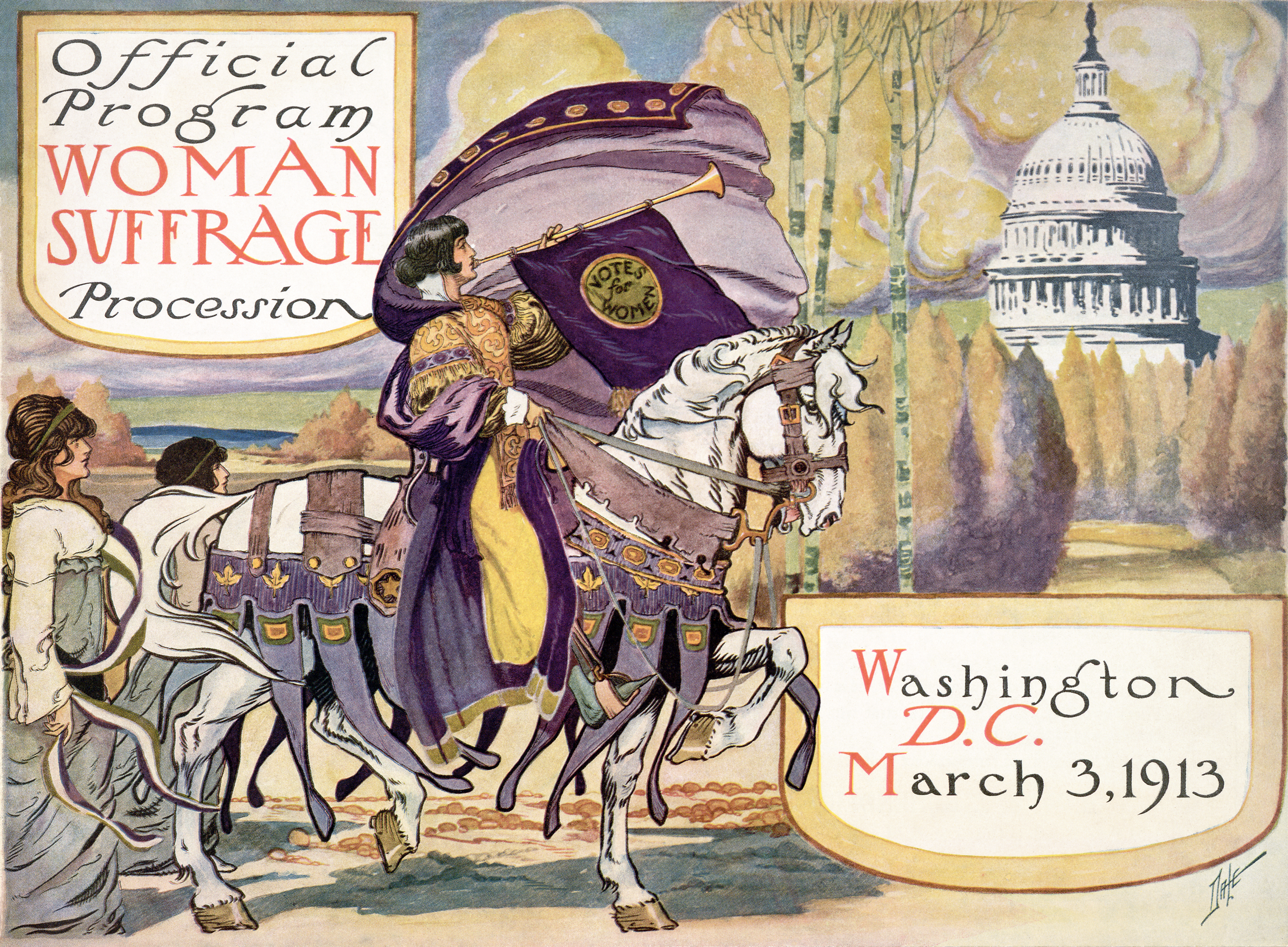Lady Constance Bulwer-Lytton
Lady Constance Bulwer-Lytton (12 February 1869 – 2 May 1923) was a British aristocrat, suffragette, and social reformer. She was a prominent member of the Women's Social and Political Union (WSPU) and is best known for her activism in the women's suffrage movement in the United Kingdom.
Early Life[edit | edit source]
Lady Constance Bulwer-Lytton was born into the British aristocracy as the daughter of Robert Bulwer-Lytton, 1st Earl of Lytton, who served as Viceroy of India, and Edith Villiers. She was the granddaughter of the famous novelist Edward Bulwer-Lytton. Constance was educated privately and grew up in a privileged environment, but she was deeply influenced by her mother's charitable work and developed a strong sense of social justice.
Activism[edit | edit source]
Women's Suffrage Movement[edit | edit source]
Lady Constance became involved in the women's suffrage movement in 1908 after meeting members of the WSPU, including Emmeline Pankhurst and Christabel Pankhurst. She was inspired by their dedication and militant tactics. Despite her aristocratic background, she chose to participate in protests and demonstrations, often risking arrest and imprisonment.
Imprisonment and Force-Feeding[edit | edit source]
In 1909, Lady Constance was arrested for her participation in a suffrage protest and was imprisoned in Holloway Prison. During her imprisonment, she was subjected to force-feeding, a common practice used on hunger-striking suffragettes. This experience had a profound impact on her health and further fueled her commitment to the cause.
Disguised as Jane Warton[edit | edit source]
In 1910, Lady Constance adopted the alias "Jane Warton" and disguised herself as a working-class seamstress to investigate the treatment of suffragettes in prison. She was arrested and imprisoned in Liverpool under this alias, where she experienced the harsh conditions faced by working-class prisoners. Her revelations about the treatment of suffragettes garnered significant public attention and sympathy for the movement.
Later Life and Legacy[edit | edit source]
Lady Constance's health deteriorated due to the physical and emotional toll of her activism. She suffered a series of heart attacks and strokes, which left her partially paralyzed. Despite her declining health, she continued to write and advocate for women's rights until her death in 1923.
Lady Constance Bulwer-Lytton is remembered as a courageous and dedicated advocate for women's suffrage. Her efforts helped to bring about significant changes in the treatment of suffragettes and contributed to the eventual success of the women's suffrage movement in the United Kingdom.
See Also[edit | edit source]
- Women's Social and Political Union
- Emmeline Pankhurst
- Christabel Pankhurst
- Holloway Prison
- Force-feeding
- Women's suffrage in the United Kingdom
References[edit | edit source]
External Links[edit | edit source]
| Suffragette Stub Template | |
|---|---|

| |
| This article about a suffragette is a stub. You can help WikiMD by expanding it. | |
| Related topics | Women's suffrage · Feminism · Civil rights |
| See also | List of suffragists and suffragettes · History of women's suffrage in the United States |
| Categories | · |
Search WikiMD
Ad.Tired of being Overweight? Try W8MD's physician weight loss program.
Semaglutide (Ozempic / Wegovy and Tirzepatide (Mounjaro / Zepbound) available.
Advertise on WikiMD
|
WikiMD's Wellness Encyclopedia |
| Let Food Be Thy Medicine Medicine Thy Food - Hippocrates |
Translate this page: - East Asian
中文,
日本,
한국어,
South Asian
हिन्दी,
தமிழ்,
తెలుగు,
Urdu,
ಕನ್ನಡ,
Southeast Asian
Indonesian,
Vietnamese,
Thai,
မြန်မာဘာသာ,
বাংলা
European
español,
Deutsch,
français,
Greek,
português do Brasil,
polski,
română,
русский,
Nederlands,
norsk,
svenska,
suomi,
Italian
Middle Eastern & African
عربى,
Turkish,
Persian,
Hebrew,
Afrikaans,
isiZulu,
Kiswahili,
Other
Bulgarian,
Hungarian,
Czech,
Swedish,
മലയാളം,
मराठी,
ਪੰਜਾਬੀ,
ગુજરાતી,
Portuguese,
Ukrainian
Medical Disclaimer: WikiMD is not a substitute for professional medical advice. The information on WikiMD is provided as an information resource only, may be incorrect, outdated or misleading, and is not to be used or relied on for any diagnostic or treatment purposes. Please consult your health care provider before making any healthcare decisions or for guidance about a specific medical condition. WikiMD expressly disclaims responsibility, and shall have no liability, for any damages, loss, injury, or liability whatsoever suffered as a result of your reliance on the information contained in this site. By visiting this site you agree to the foregoing terms and conditions, which may from time to time be changed or supplemented by WikiMD. If you do not agree to the foregoing terms and conditions, you should not enter or use this site. See full disclaimer.
Credits:Most images are courtesy of Wikimedia commons, and templates Wikipedia, licensed under CC BY SA or similar.
Contributors: Prab R. Tumpati, MD

